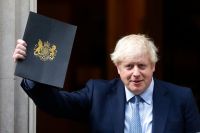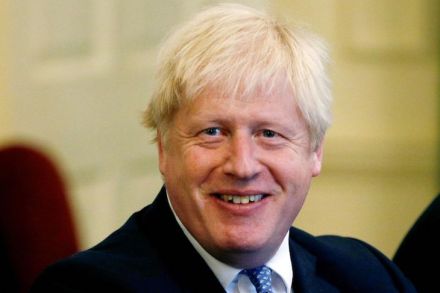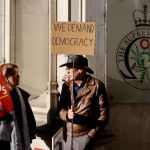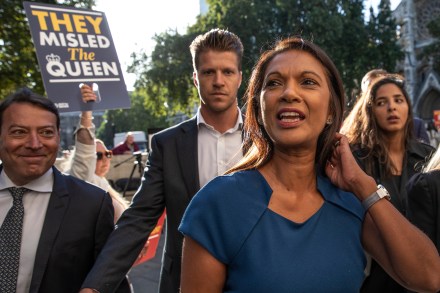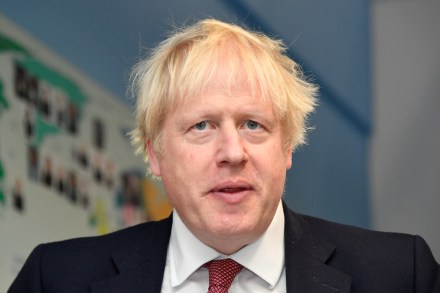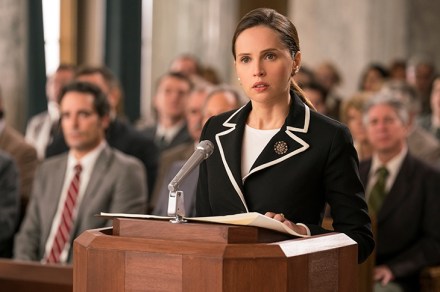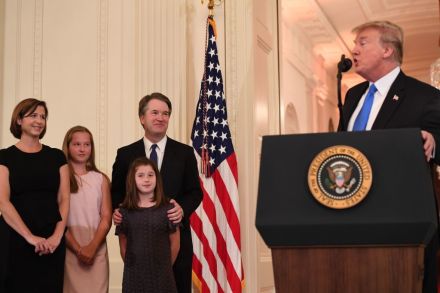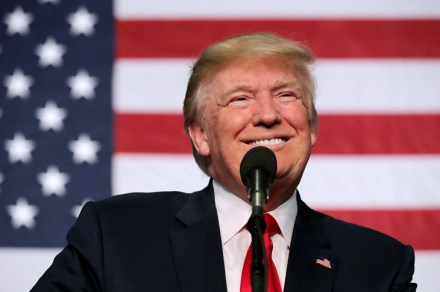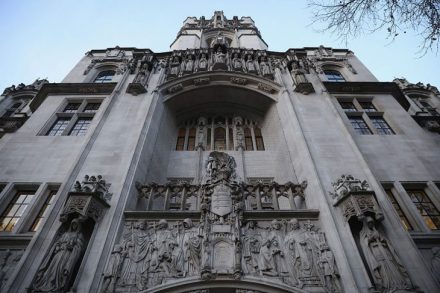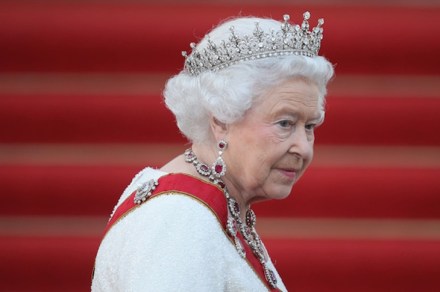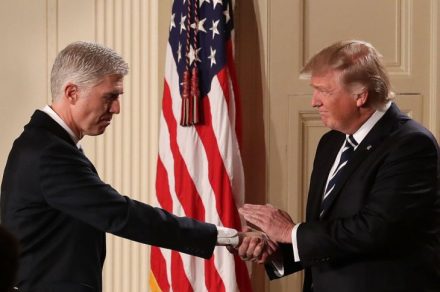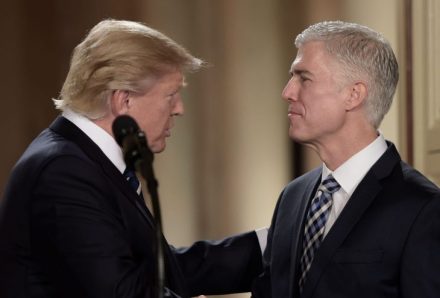The rule of law has become the rule of lawyers
Is that enormous silver spider that Lady Hale wore her badge of office? If so, it is appropriate. The Supreme Court has decided to tie up the government in a web of legal reasoning so tight that it can no longer govern. In his dissenting judgment in the earlier Miller case about Article 50, Lord Reed warned that ‘the legalisation of political issues is not always appropriate and may be fraught with risk, not least for the judiciary’. Unusually — as if to compensate for these words — his name was joined with that of Lady Hale in giving the judgment on Tuesday. He would have done better to heed his


